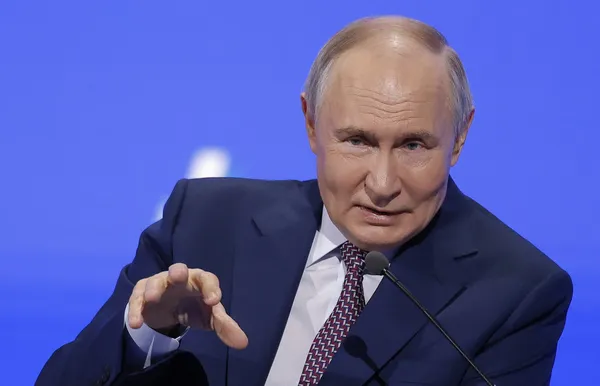
In an era of shifting geopolitics, the upcoming visit of Russian President Vladimir Putin to India serves as a crucial juncture in the relations between the two countries. Despite the ongoing conflict in Ukraine, Russia continues to forge strong ties with India, a move that could have far-reaching implications.
The plan for Putin's visit, announced by the Russia-India forum, comes at a time when the world watches the escalating tensions in Ukraine with bated breath. Russia’s role in the conflict has led to strained ties with western nations, making its relationship with India increasingly important.
For the average investor, this development could influence a range of sectors. Any agreements between Russia and India could impact global markets, particularly those related to commodities and energy. Russia, a significant energy exporter, could use this visit to solidify energy deals with India, potentially affecting global energy prices.
For small businesses, the geopolitical shifts could mean changes in the trade landscape. Depending on the nature of the agreements reached during Putin's visit, businesses in certain sectors may find new opportunities, while others could face challenges.
On a macro level, the visit underscores the changing geopolitical balance in Asia. With the U.S. and China locked in a power struggle, India's relationship with Russia could alter the dynamics in the region. This shift could impact global policies and, in turn, the economic climate.
However, the visit does not come without risks. The ongoing conflict in Ukraine has drawn international criticism for Russia. A closer alliance with Russia could potentially put India in a precarious position, balancing its relations with western nations and its regional interests.
Regardless of the outcome, Putin’s visit to India marks a significant development in international relations. As the world continues to navigate the complexities of a shifting geopolitical landscape, the repercussions of this event will likely reverberate across markets, affecting everyone from policymakers to investors and small business owners.

 Next
Next
Comments (0)
Leave a comment